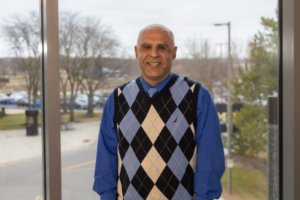Daba Coura Mbow
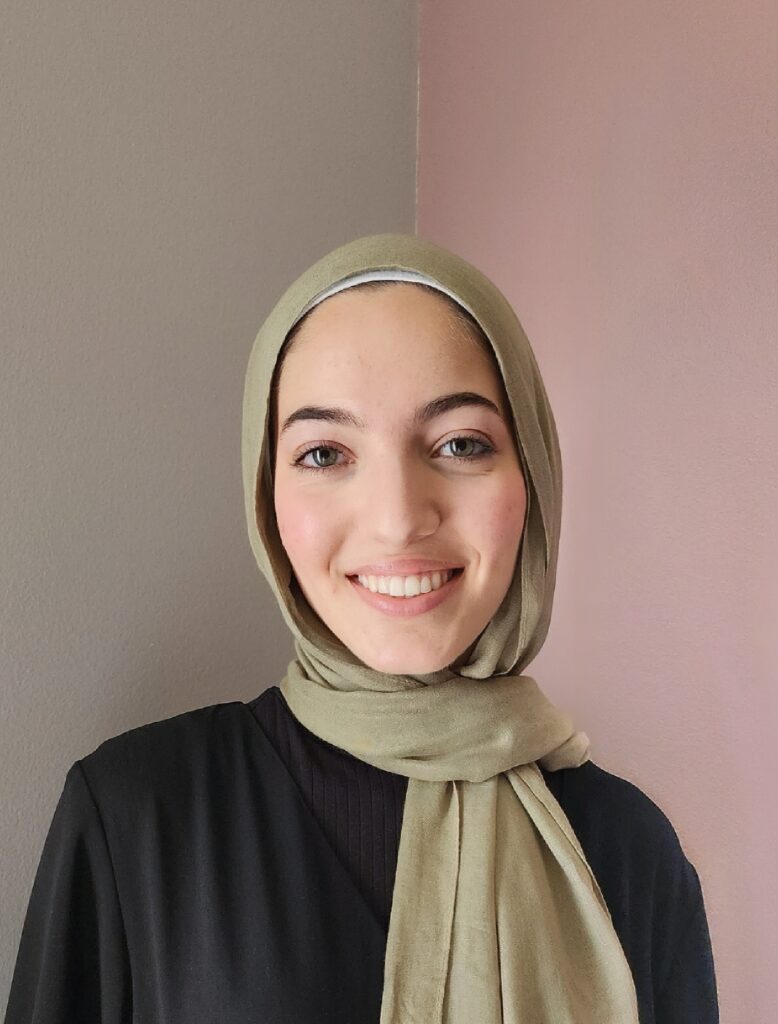
Majoring in computer science, Leen Yasin is an undergraduate student in her junior year at the University of Michigan Flint. Leen is also taking chemistry and biology classes and is interested in biomedical innovation and patient care. As a participant in UROP (Undergraduate Research Opportunity Program), she works alongside professors Nathan Miller and Charlotte Tang, examining the potential benefits of self-driving vehicles and other independent transportation options for individuals with Parkinson’s disease.
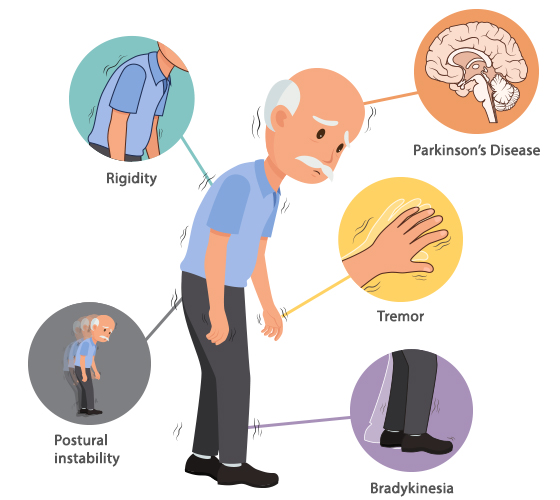
Parkinson’s disease is a brain disorder that may cause unintended or uncontrollable movements, such as shaking, stiffness, and difficulty with balance and coordination. It is usually diagnosed in older adults, with most individuals being diagnosed with Parkinson’s disease from ages 50 and up. Leen and her colleagues focus on one of the daily challenges that people with Parkinson’s face. Typically they experience heightened anxiety or stress in unfamiliar or crowded environments. The stress of managing the symptoms and potential challenges of public transport can further exacerbate these feelings, making it more difficult to use public transportation independently. Understanding the struggles from witnessing people in her family being uncomfortable traveling, Leen was thrilled at the opportunity to help design a type of ride that will help people affected by this disease, and other disabilities, with their transportation needs.
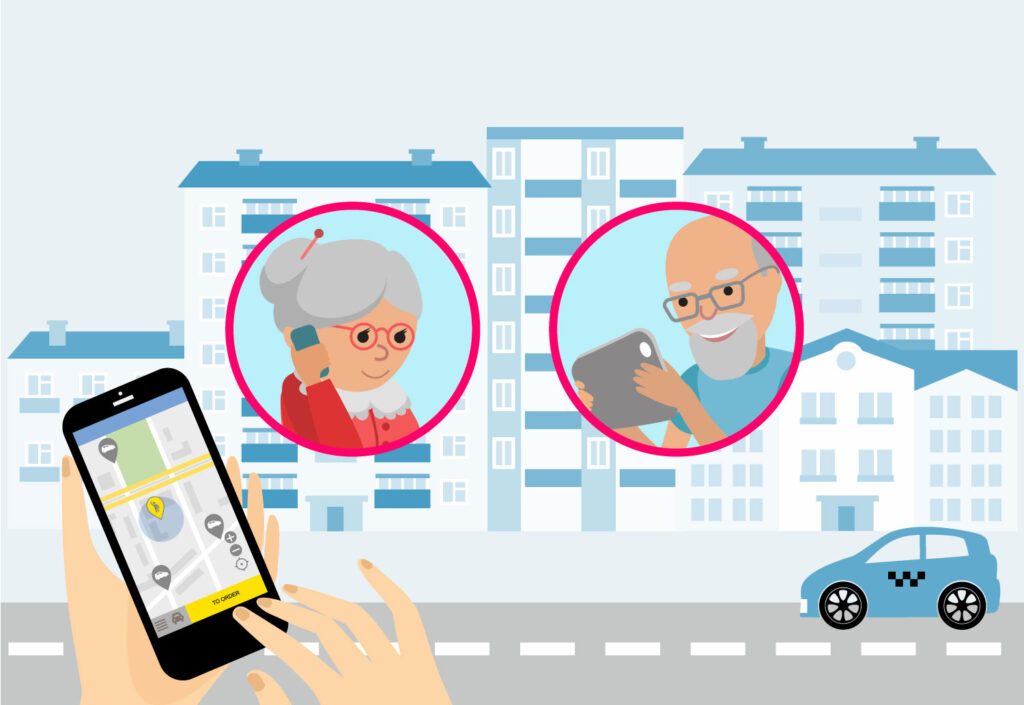
It is worth noting that the impact of Parkinson’s can vary from person to person and not everyone with the condition will experience the same difficulties. By conducting interviews, the research team hopes to get information that they will need to create a shared ride transportation model. When interviewing people, participants are asked about the features they want to have on their rides, what things would make them feel comfortable, and what type of information they would like to get while traveling. All those questions are asked in order to customize the use of shared rides or autonomous vehicles for them. During the interview, Leen and her colleagues ask questions to the participants about their anxiety levels and their level of confidence during the different stages of booking the rides. They show them different simulations, for example, little cartoon characters booking rides, getting on rides, and exiting them, so participants can have a better vision of what they can expect, which will bring down their level of anxiety about this shared rides service. During weekends, Leen and her colleagues go to the PWR! physical therapy class for Parkinson’s where they meet participants with Parkison’s disease. From this, they observe and learn about Parkinson’s while potentially recruiting participants to the study they’ve been conducting.
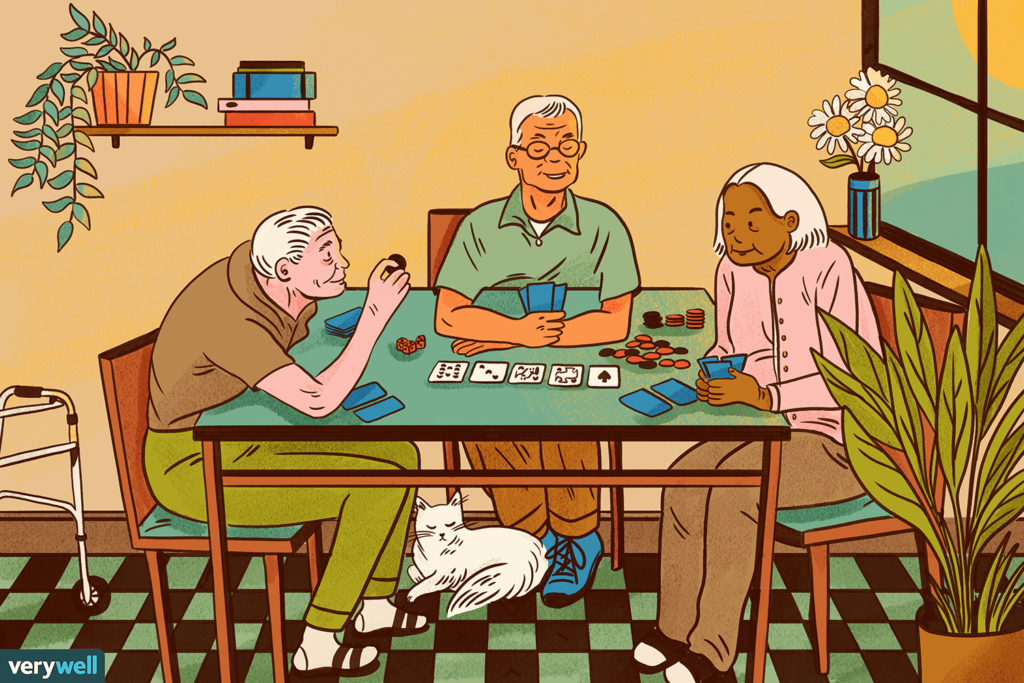
Leen participated in the Student Research Conference in May of 2023 and presented the study design for the research. The feedback they received was valuable and will assist their future research. For people affected by Parksion’s disease, this project will help to develop shared ride experiences customized to their needs. By focusing on this subject Leen and her colleagues hope to help those people affected by Parkinson’s disease or any other neurological disease. By developing this research project, they hope to ensure that individuals with Parkinson’s can maintain their mobility and independence by accessing essential services, such as medical appointments, grocery shopping, social activities, and community events. It will help individuals with Parkinson’s to engage in social activities and maintain connections with their community. This can have a positive impact on mental health and help combat feelings of isolation or loneliness that are common among individuals with chronic conditions.




